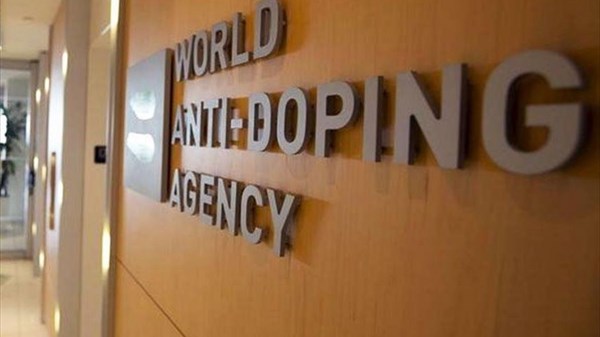Media: WADA will not restore authorization of Russian anti-doping agency
A German ARD correspondent, Hajo Seppelt, states that according to his sources, on November 16th in Seoul, the World Anti-Doping Agency (WADA) will again state that the Russian Anti-Doping Agency (RUSADA) does not meet WADA standards and will not be reinstated.
According to the journalist, WADA did not receive confirmation of the implementation of two sections of the plan - Russia did not recognize the conclusions of Professor Richard McLaren about the existence of a system supporting doping and did not provide access to doping tests from the Moscow Anti-Doping Laboratory, which are sealed and are under the jurisdiction of the Russian Investigative Committee.
At the same time, Russian Deputy Prime Minister Vitaly Mutko says that Seppelt's information about the alleged decision against RUSADA is not supported by any evidence.
"Seppelt, apparently, is WADA's press secretary, since he announces the organization's decisions. I would be outraged if I were in a member of the WADA Foundation Board. To anticipate the general decision of the body, as they suggest is democratic, is ridiculous," the Russian Deputy Prime Minister said.
According to him, this style of work is common in Western media. "They release these materials on the eve of the WADA meeting, and then refute all of it."
"This is a deliberate effort to discredit Russia," Mutko said.
The Minister of Sports of Russia, Pavel Kolobkov, stated that Seppelt’s words were his personal opinion as well.
"And who is he, tell me? We pay too much attention to people who do not have the slightest relation to our sport. A journalist who is looking for a scandal suddenly becomes an expert in the field of sports and an anti-doping politics. It's nice, of course, that such people appear, but it's important to discuss the development of sports with the people who are responsible for it, we are discussing these issues with the head of the IOC, the president of WADA, and Seppelt's words remain his personal opinion," Kolobkov said.
The doping scandal surrounding Russian sports began in November 2015, when the World Anti-Doping Agency (WADA) published a report accusing the Russian Federation of supporting doping practices. The report said that Russian special services covered the systematic use of doping by Russian athletes and allowed "direct intimidation and interference" in the work of the accredited WADA anti-doping laboratory in Moscow.
